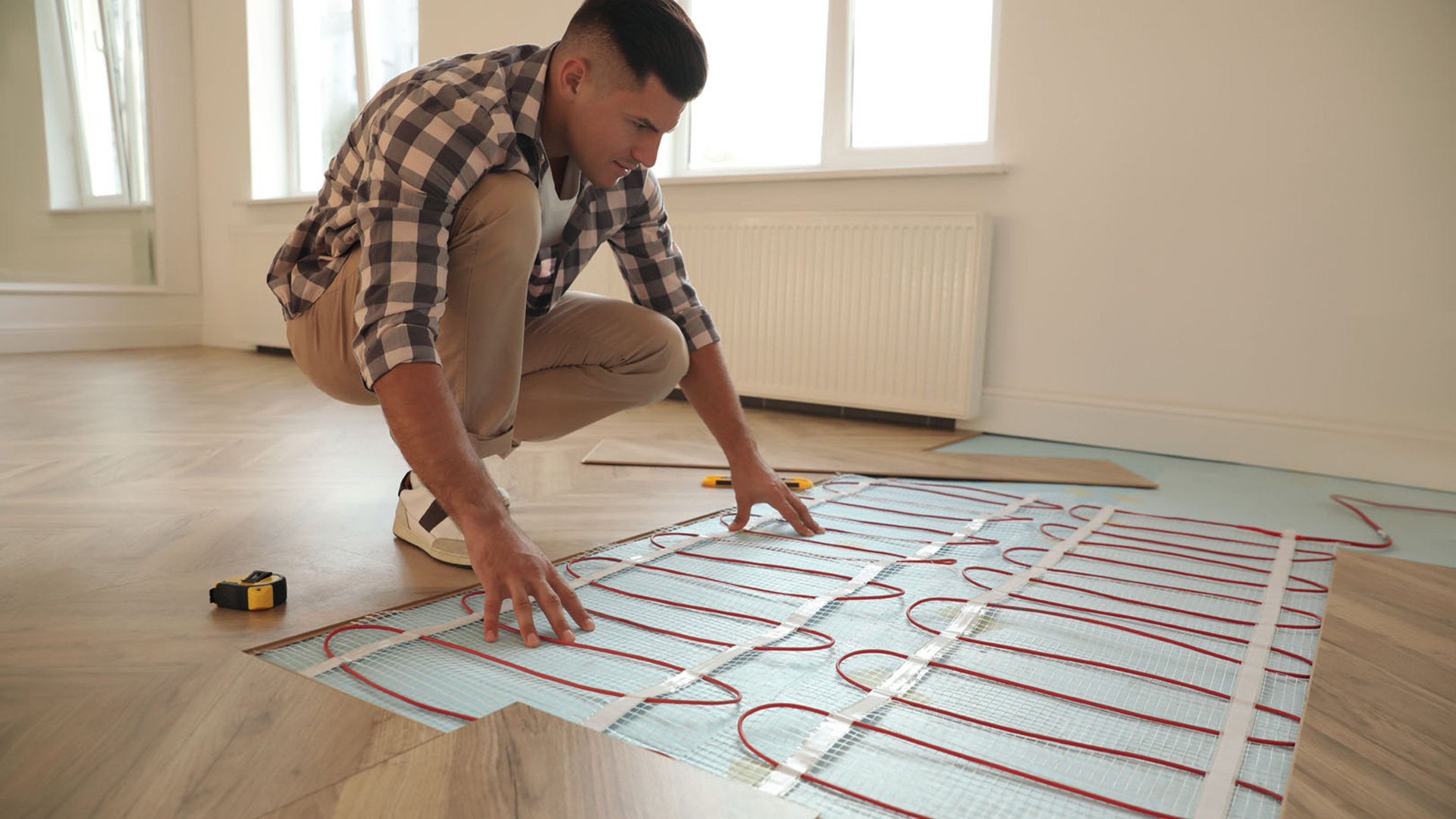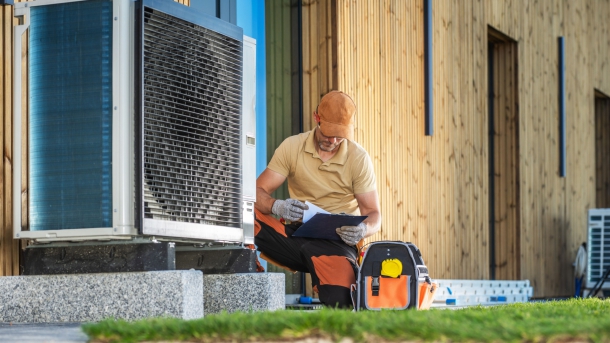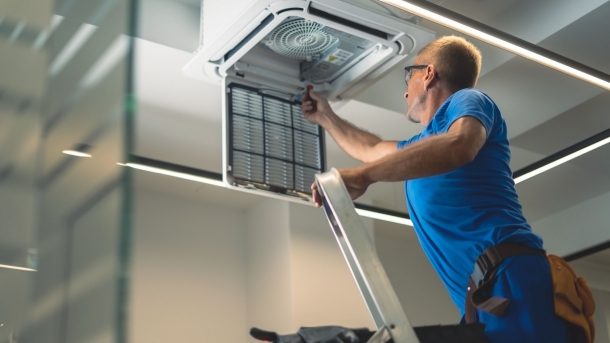Troubleshooting Common Hydronic Heating Issues and How to Fix Them

Hydronic heating systems are reliable and efficient—but like any system, they can develop issues over time. Here’s how to spot and solve the most common problems.
1. No Heat or Inconsistent Heating
Check for air trapped in the system or a malfunctioning thermostat. Bleeding the radiators may restore proper circulation.
2. Noisy Pipes or Radiators
Banging or whistling sounds may indicate trapped air or scale build-up in the pipes. Regular flushing can resolve this.
3. Leaking Valves or Pipes
Leaks can stem from old seals or high system pressure. Shut off the system and call a professional to prevent further damage.
4. Cold Radiators Despite a Running Boiler
This could signal sludge build-up or a faulty pump. Flushing the system or replacing the pump may be necessary.
5. Uneven Heating Across Rooms
Balancing the system by adjusting radiator valves ensures even heat distribution and better comfort.
If you're unsure, always call a certified HVAC technician—especially during Canadian winters, when reliable heat is essential.
MORE ARTICLES

Hydronic vs. Forced Air Heating: Pros, Cons, and Ideal Applications
Choosing the right heating system for a residential or commercial project can be challenging, especially when weighing hydronic (radiant) heating against forced air systems. Both have distinct advantages and drawbacks, and the best choice depends on your specific needs.
READ MORE
Is Your HVAC Contracting Business Ready for the A2L Refrigerant Transition?
The HVAC industry is undergoing a significant shift, and one of the most important changes in recent years is the transition to A2L refrigerants. These low global warming potential (GWP) refrigerants are becoming the new standard…
READ MORE
How to Future-Proof Your HVAC and Hydronics Contracting Business
With rapid technological advancements and shifting market demands, HVAC contractors must adapt to stay competitive. Here’s how to ensure long-term business success.
READ MORE



